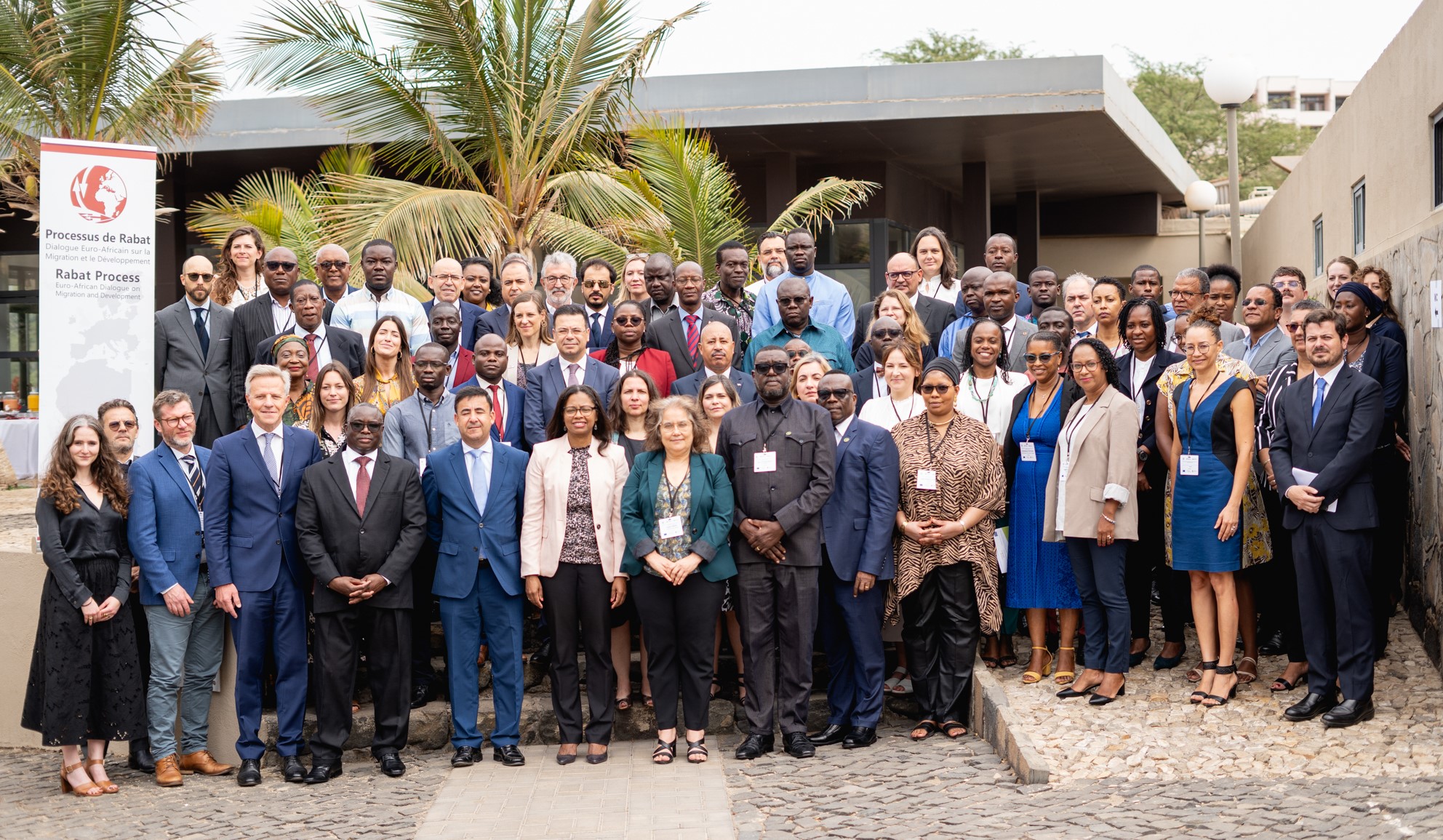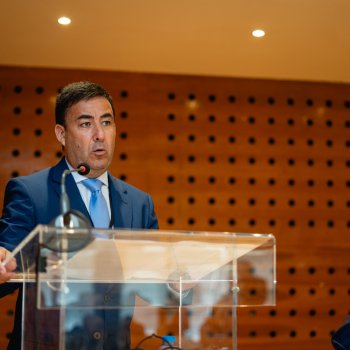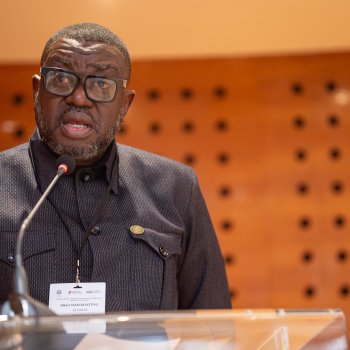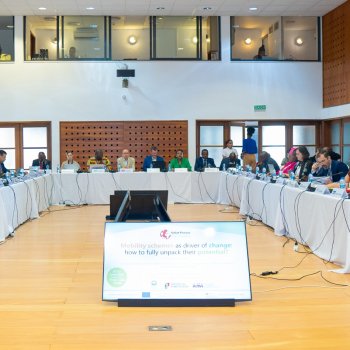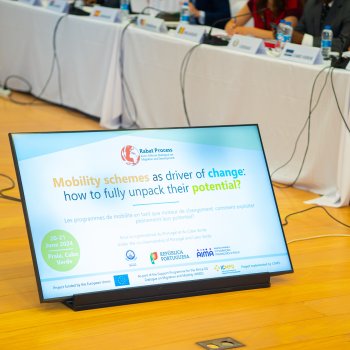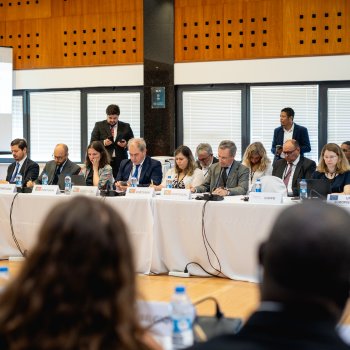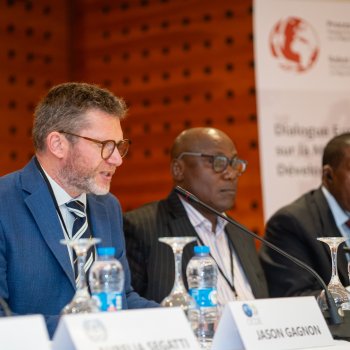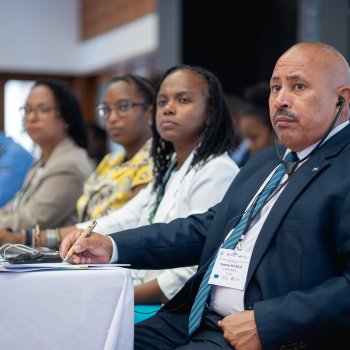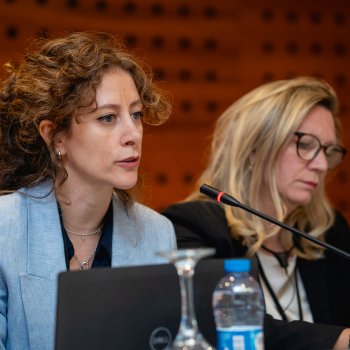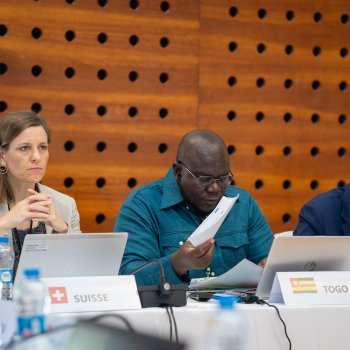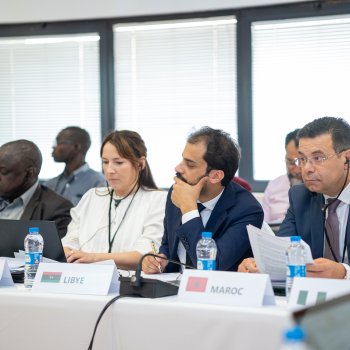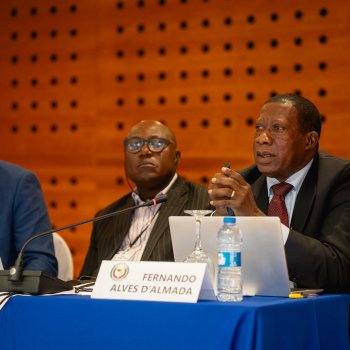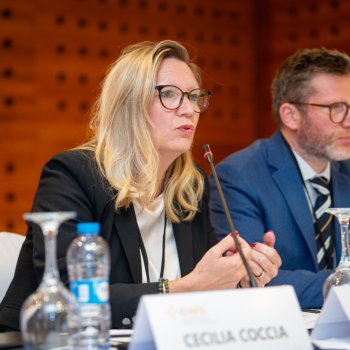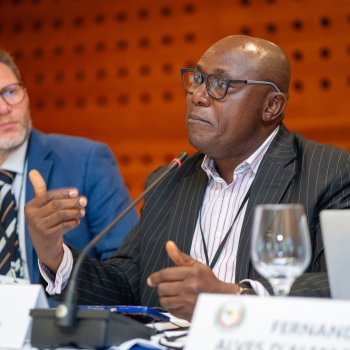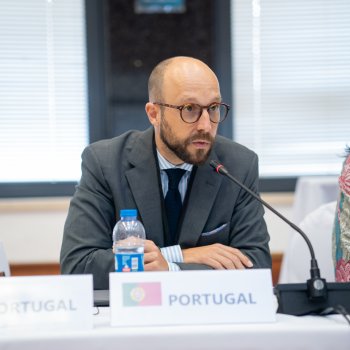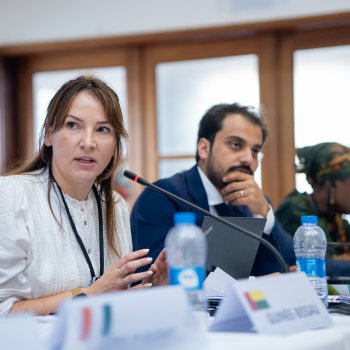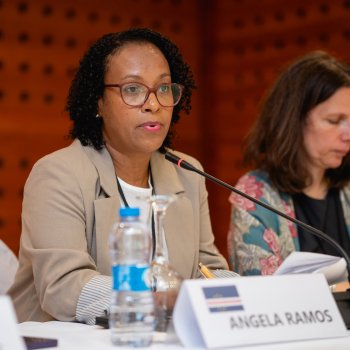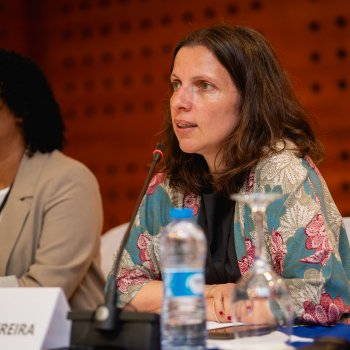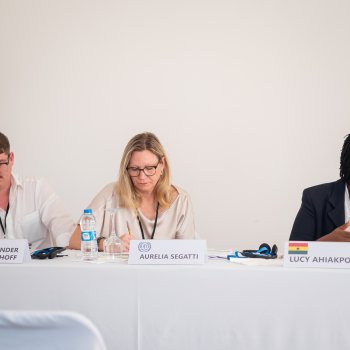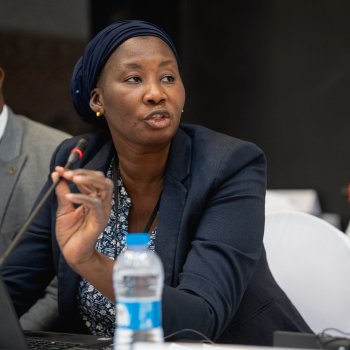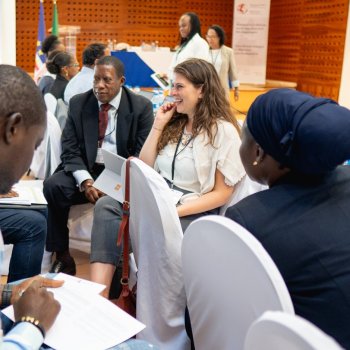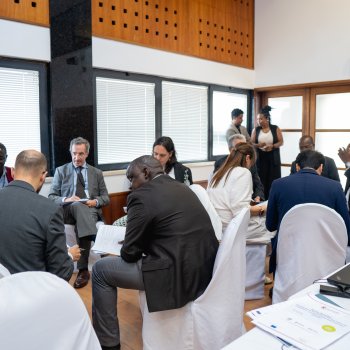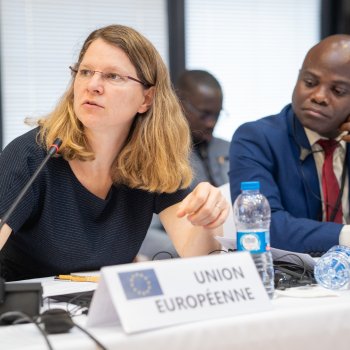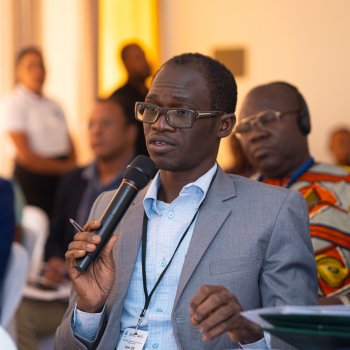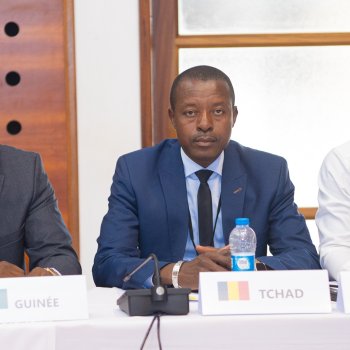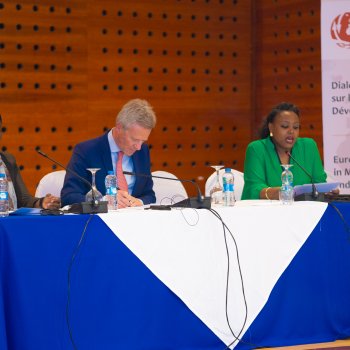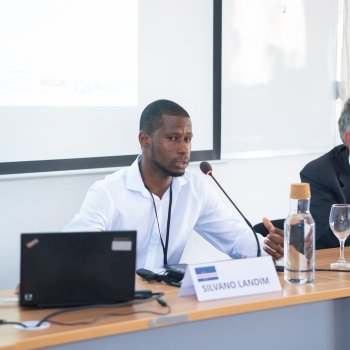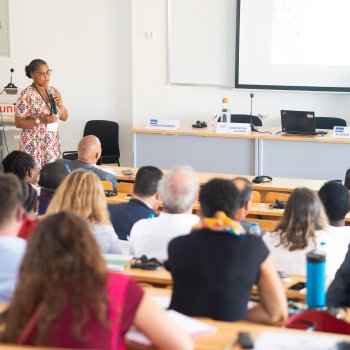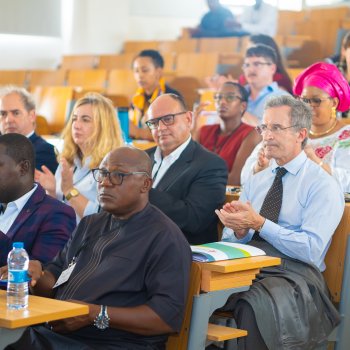On the 20th and 21st of June 2024, the city of Praia in Cabo Verde hosted an important meeting under the Portuguese chairmanship of the Rabat Process. This key event brought together 81 participants amongst which representatives from 27 partner countries of the Dialogue, as well as international experts, academics, and professionals from the private sector. Together, they examined how mobility schemes can become powerful drivers of change and improvement.
Migrant workers as agents of development
The first session provided a clear overview of the current challenges related to skills shortages and of the strategies to address them. Despite increasing migration flows, labour shortages persist, inciting countries to innovate.
A series of dynamic group discussions then fostered experience-sharing and highlighted good practices regarding mobility schemes. Exchanges addressed the following topics:
- Skills and qualifications recognition: The participants discussed effective approaches to facilitating the recognition of migrant workers' skills, qualifications, and professional experience to better integrate them into labour markets in host countries.
- Integration of migrants into mobility schemes: Discussions examined how mobility schemes can be optimised to support the integration of migrants into host societies.
- Informing on legal migration pathways: This group analysed information campaigns on the risks of irregular migration and on legal migration pathways, highlighting their crucial role in effective migration management.
- Private sector involvement: Participants explored the crucial role of the private sector and employers in setting up labour mobility schemes, addressing the challenges faced by employers and good practices to support them in recruiting migrant workers.
The discussions led to the development of 30 recommendations, detailed in the outcome document of the meeting. Among the key recommendations, participants emphasised the importance of standardising skills recognition criteria across countries of destination and across regional economic communities, as well as enhancing locally acquired qualifications and work experience to improve the integration of migrants. They also recommended setting up effective response mechanisms for the return and reintegration of migrants and improving regulatory frameworks for ethical recruitment and better management of labour migration. Finally, participants called for the development of targeted communication strategies to provide information on legal migration pathways, using a diversity of channels to reach target groups and promote the benefits of regular migration.
Successful integration, the key to social cohesion
Integration was at the heart of the discussions. Participants stressed the need to develop and implement integrated and comprehensive migration policies. Effective integration of migrants is crucial not only for empowering individuals, but also for strengthening social cohesion in host countries. The engagement and cooperation between governments, the private sector, universities and civil society were highlighted as essential to successfully meeting this challenge.
The conversations also underscored the importance of structuring mobility schemes to foster better integration of migrants, while valuing their economic, social, and cultural contributions.
Enhancing data collection and knowledge-sharing: the Cabo Verde Migration Observatory
Cabo Verde, as reference country for Area 2 of the Cadiz Action Plan 2023-2027, shared its experience in establishing a Migration Observatory. This initiative, launched under the Coop4Int programme, aims to collect and analyse data on migration dynamics, providing crucial information to guide public policies.
The field visit to the University of Cabo Verde illustrated how crucial data collection and sharing are for informed decision-making.
Towards secure and sustainable mobility
The discussions at this Thematic Meeting reaffirmed the importance of developing secure, robust, and sustainable mobility schemes to ensure safe and orderly migration. This requires close collaboration among all involved stakeholders. The Rabat Process continues to play a vital role as a platform for exchanging experiences and best practices, and for promoting a shared vision of migration management.
Well-designed mobility schemes not only benefit the migrants themselves but are also crucial to the economic and social development of countries of origin and destination. Effective migration management, rooted in solid data and international cooperation, can turn challenges into opportunities, thereby ensuring inclusive and sustainable growth.
Documents
- Outcome document: Thematic Meeting on Regular Migration and Mobility Schemes
- Presentations : Thematic Meeting on Regular Migration and Mobility - Day 1
- Presentations : Thematic Meeting on Regular Migration and Mobility - Day 2

